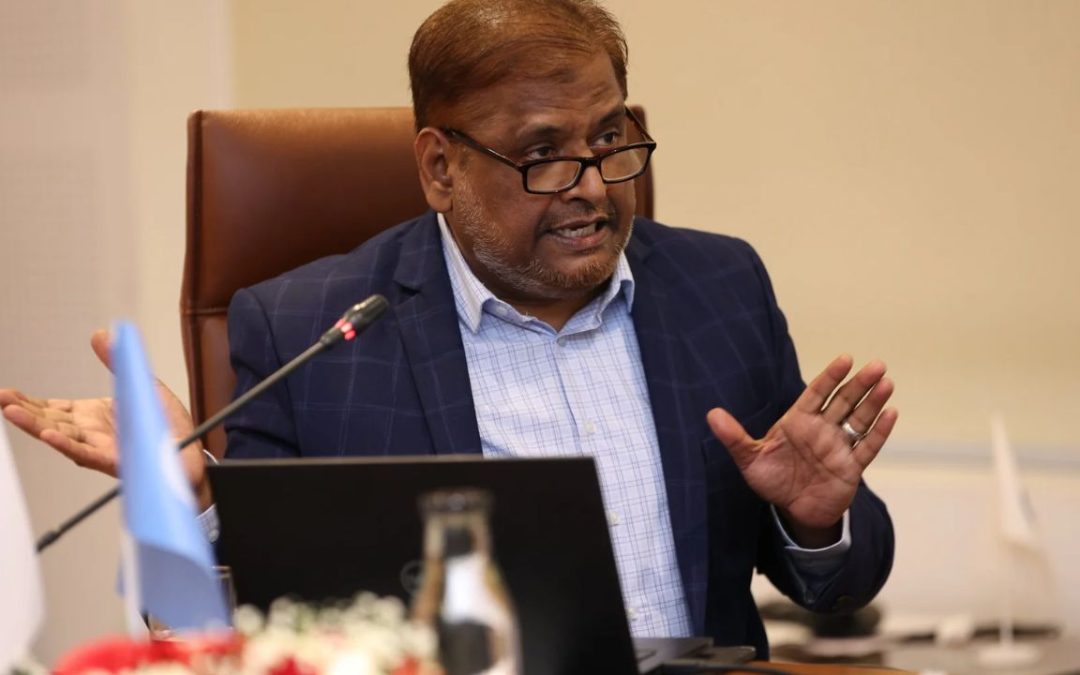By Yash Mishra,
Protectionism has suddenly become the refuge of India’s internet entrepreneurs. Some of them, and their investors, cite the emergence of big (if not disruptive) internet companies from China to encourage the Indian government to go down that road. But as historian and political commentator Niall Fergusson, in his zealous pursuit of defending British imperialism, says, “Empire was the least original thing that British did as everywhere in Eurasia there were empires.”
In the present context of preferring Indian companies to overseas corporations, a legitimate question is: How, in an era of big multi-national corporations (MNCs) and capitalism, will India benefit by safeguarding and supporting a set of “Indian” companies?
If a so-called foreign or, for that matter, global company does not violate Indian regulations (competition laws included), hires Indians, pays taxes locally, and serves Indian consumers, there is absolutely no sound reason to block it from operating in the country. As microeconomics explains, consumer welfare is a component of overall social welfare and so, in this case, the government or regulatory agencies are at the risk of doing a disservice to the country by imposing restrictions on overseas firms or MNCs.
Delving too much into this “protectionism” debate is, however, nothing but a classic example of missing the forest for the trees. The real question that every stake-holder in India’s internet eco-system needs to answer is: Why have Indian start-ups failed to bring refreshingly new or imaginative and powerful consumer internet products or technologies to the global stage despite having access to (foreign) capital and a large domestic base of internet users?
The convenient “me-too” approach taken by Indian start-ups — and gladly funded by risk-averse venture capitalists — has not allowed these companies to find a place in the dynamic and ruthless global eco-system where only a few firms like Twitter, Google and Uber have been able to create barriers to entry for competition for an extended period of time. Had this not been the case, Indian companies, rather than desperately taking recourse to their Indian identity, would have relied on their imagination, intellectual-properties and well-nurtured company culture (aka company DNA) to take-on any consumer internet biggies across geographies.
To push an innovation into the mainstream is a complex and difficult, but doable, task. It is not about convenience, but will power. The ruthless internet eco-system has time and again displayed over the last 26 years that there will be no short-cut or easy path to success.
A point to note is that India-focused venture capitalists, in the process of funding successful or trending ideas of the West, have ended up accumulating a huge Karmic back-log. The losses of such venture capitalists, over the last 10 years, have reached the levels of Air India (last 10 years’ accumulated losses of around $10 billion), which is mocked and crucified almost on a daily basis by the media.
The remedy is simple, but surely not easy. Cultivation of ideas and the flow of venture capital have to re-orient. It is a task for both entrepreneurs and investors to ensure that time and money is spent on cultivating and nurturing unique and powerful ideas to leverage India’s “innovation in isolation” and transform these into a “force for creative global disruption”.
(Yash Mishra is the founder of VoxWeb Social Network. Views expressed are personal. He can be contacted at yash@voxweb.rocks)
—IANS






0 Comments